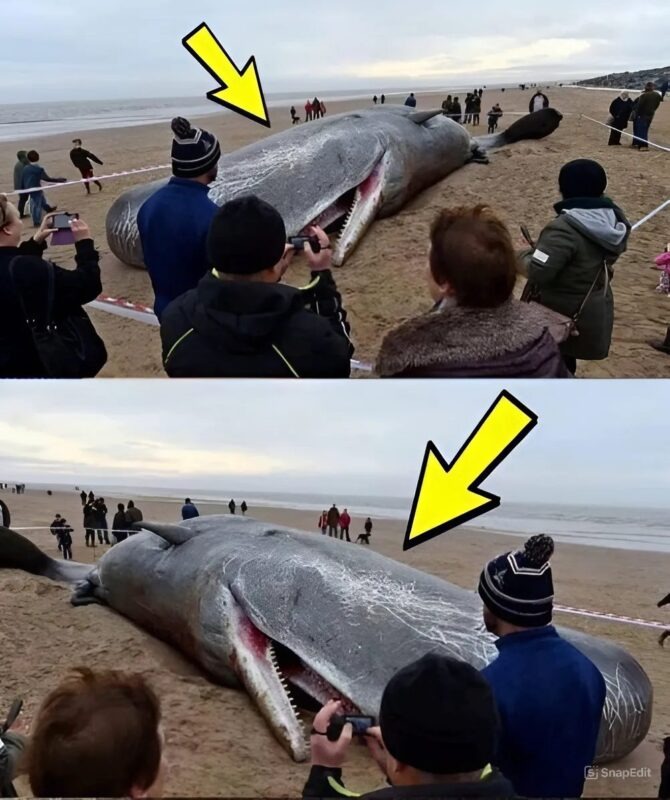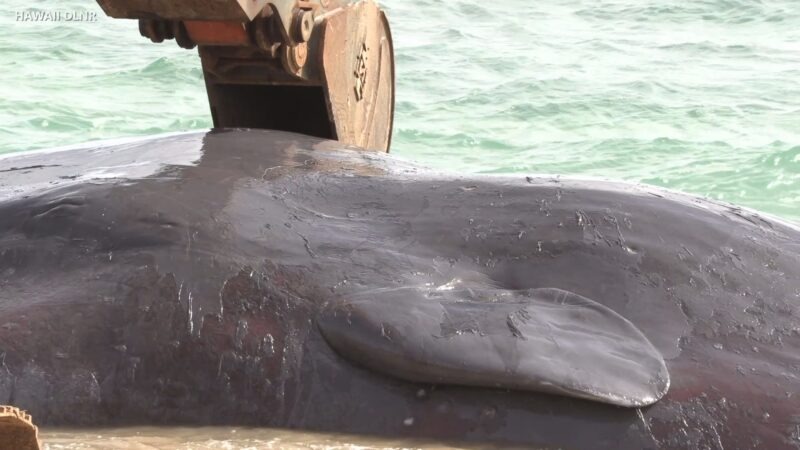When a young sperm whale washed ashore on a beach in southern Spain, scientists raced to find out what had caused its untimely death. What they discovered was heartbreaking: more than 66 pounds of plastic waste packed tightly in the whale’s stomach.
The 10-meter-long whale had stranded on the shores of Cabo de Palos in Murcia, Spain. These majestic creatures normally feed on squid, octopus, and small sharks—but this whale’s stomach told a different story. Among the contents found were plastic bags, straw wrappers, tangled nets, rope, and even a water container.
Experts believe the whale wasn’t able to digest or pass the debris, leading to a fatal blockage or internal infection.


“The amount of plastic in our oceans is one of the biggest threats to marine life,” said Consuelo Rosauro, Director General of the Environment in Murcia. “Many animals end up entangled or unknowingly consume plastic, which often leads to a slow, painful death.”
It’s a sobering reminder of a growing crisis: over 150 million tons of plastic already pollute our oceans—and we’re adding another 8 million tons every single year. For the animals who call the sea home, this pollution isn’t just unsightly—it’s deadly.




